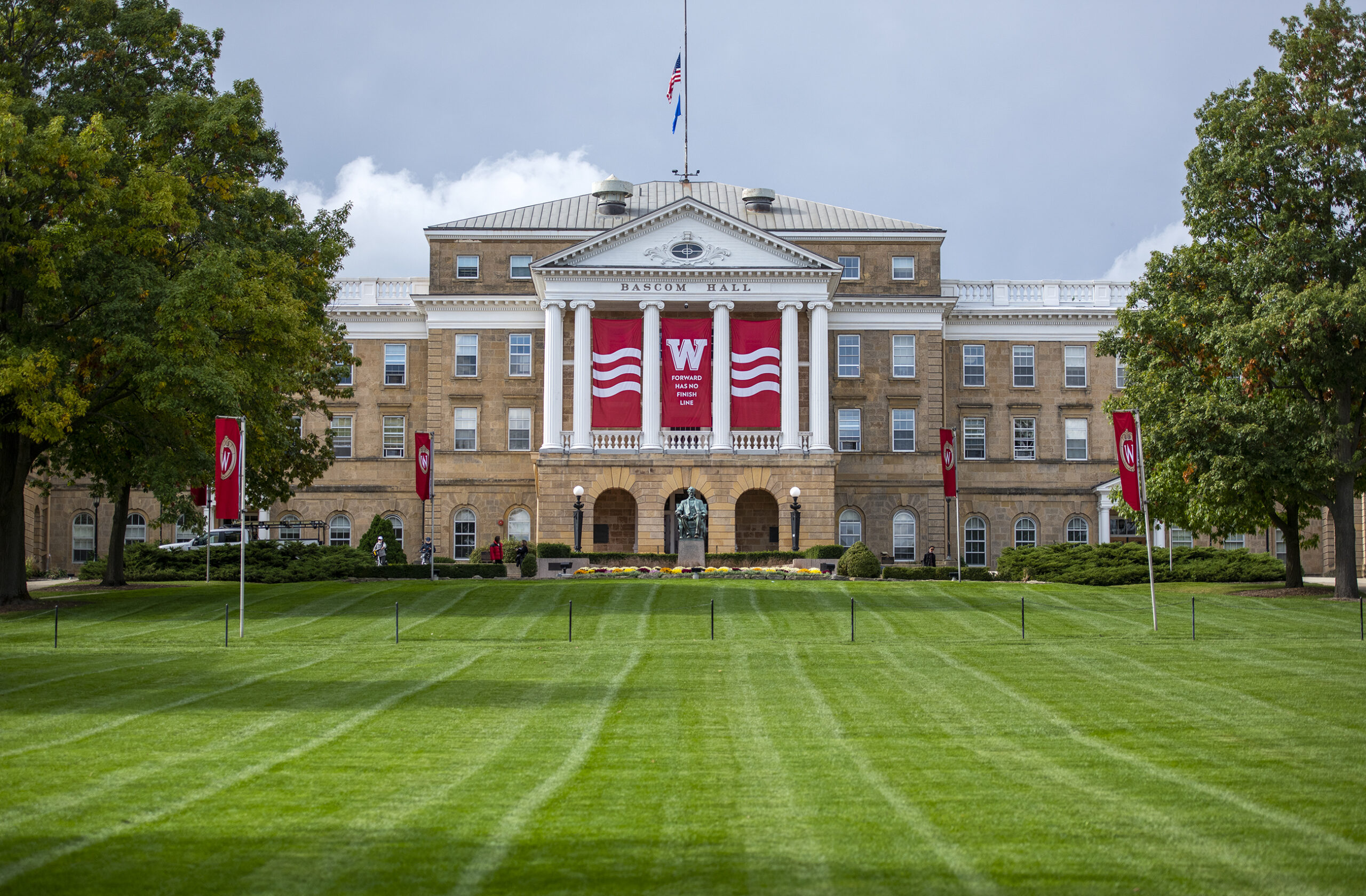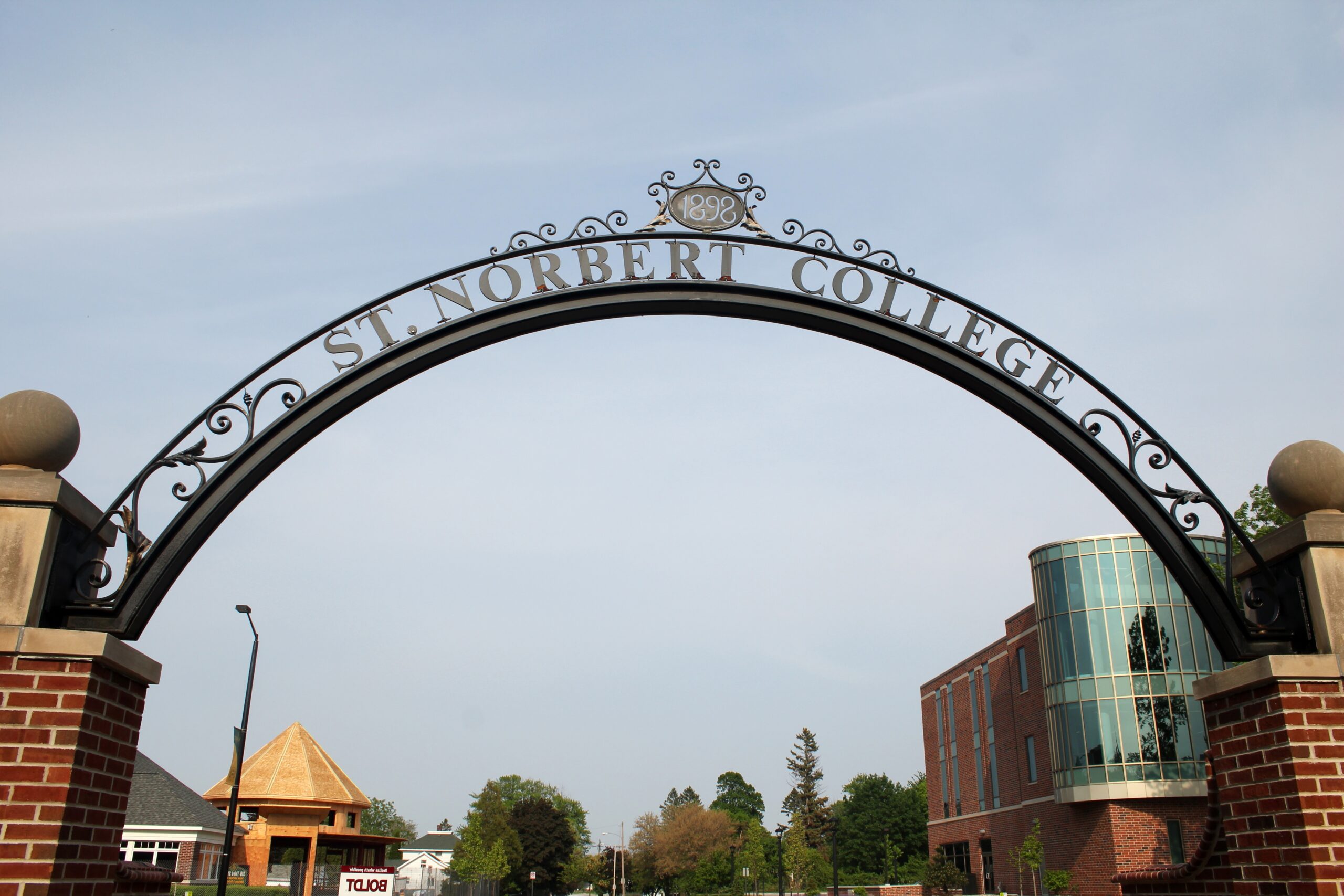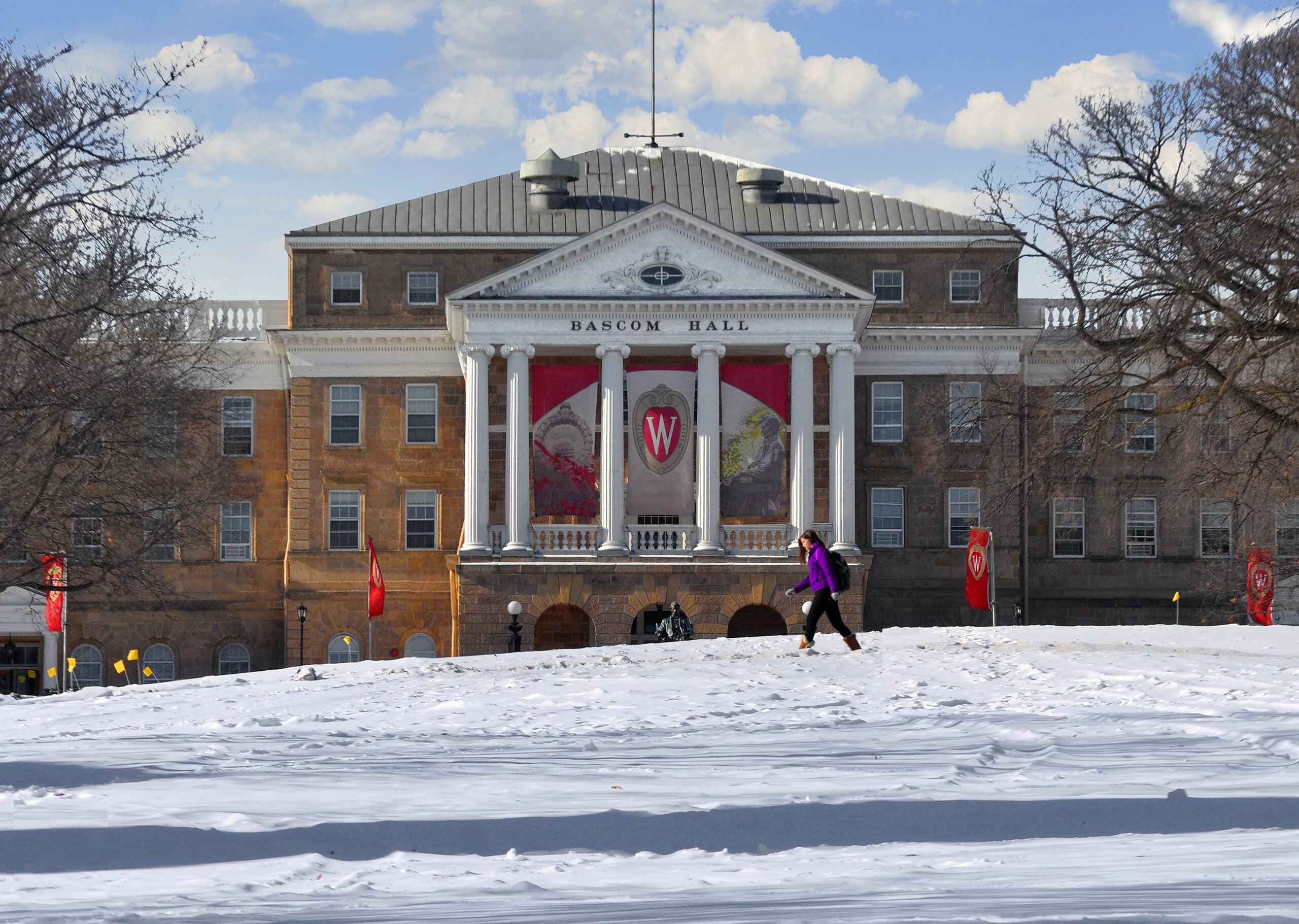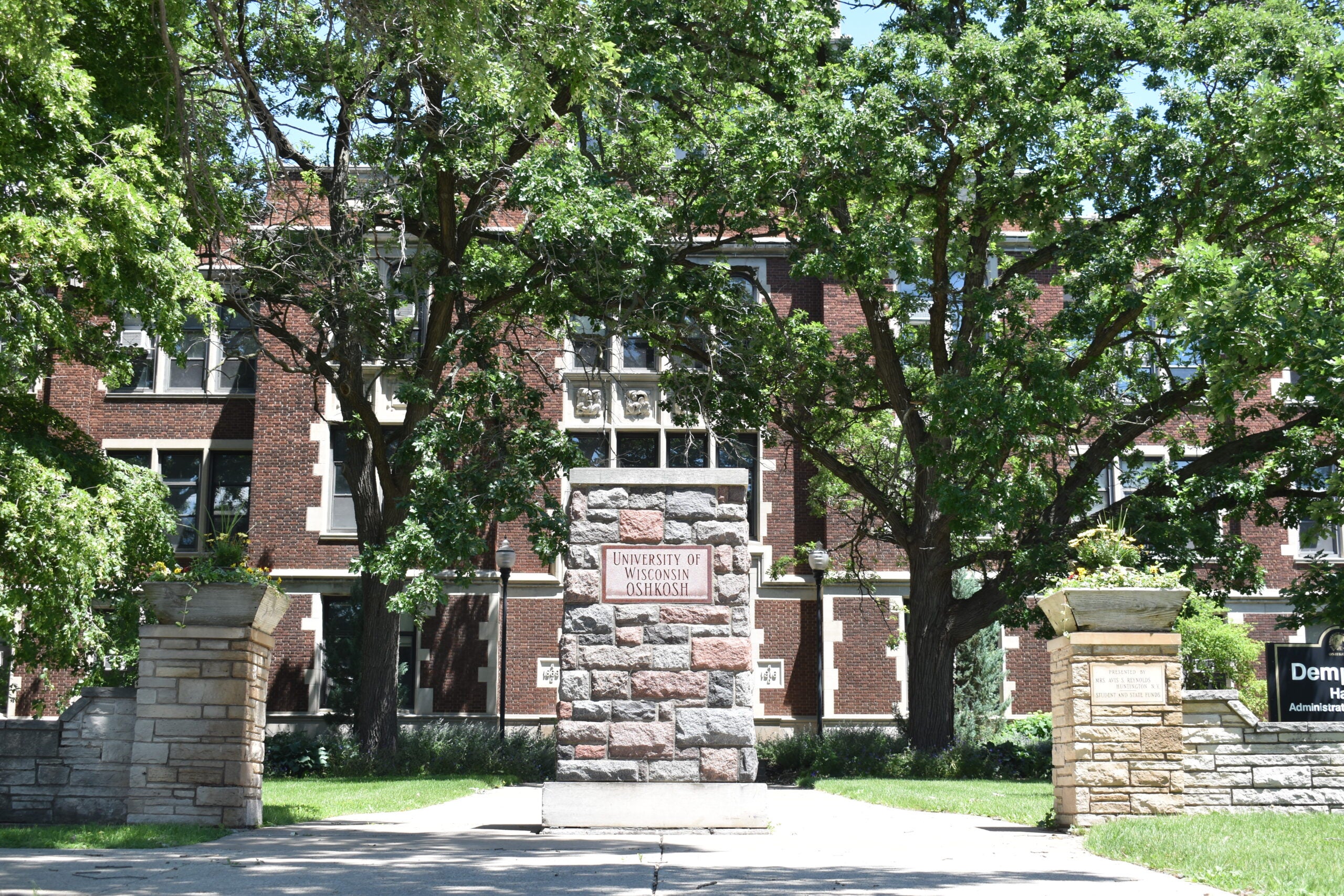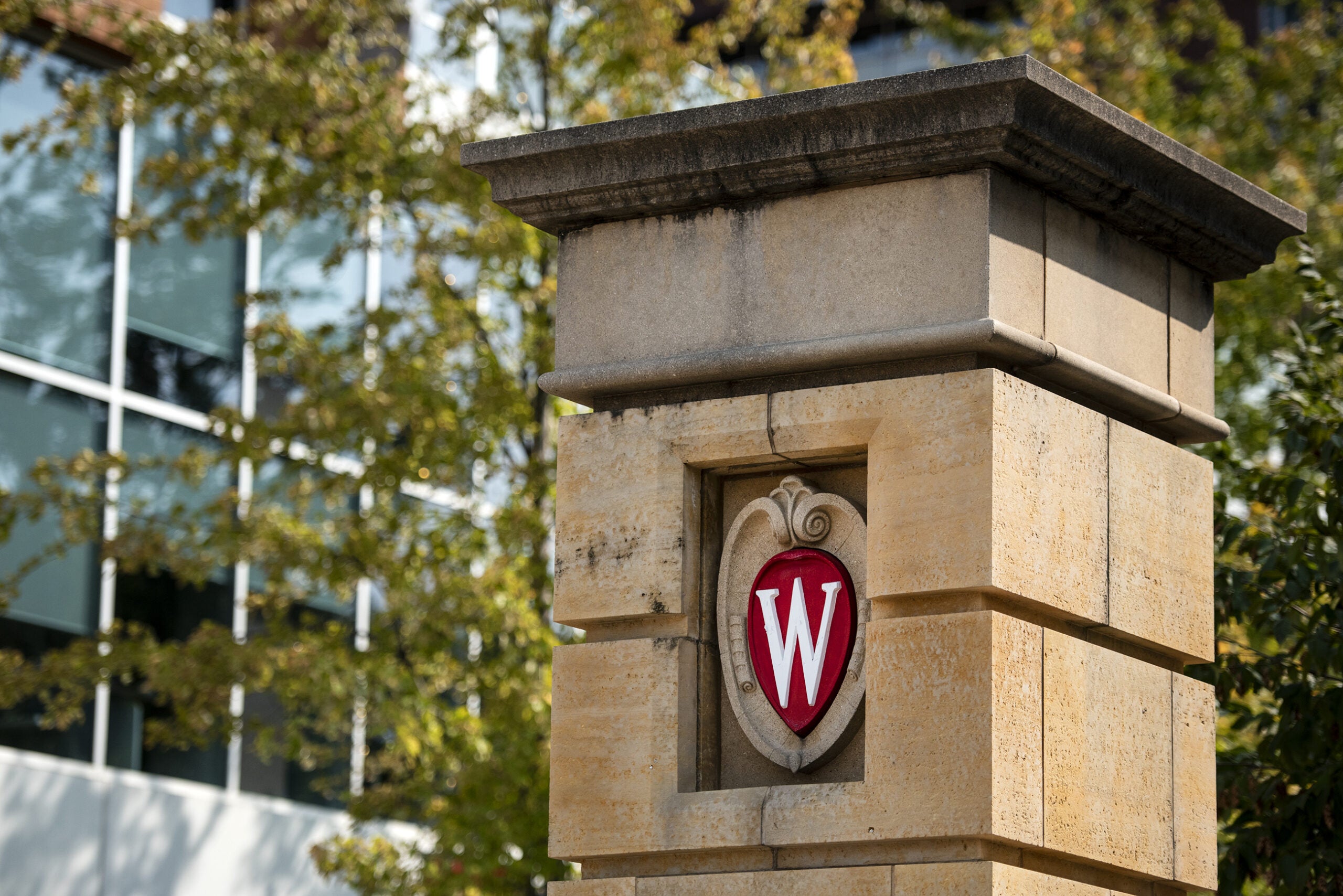The University of Wisconsin Madison will absorb the bulk of a state funding cut this year. And despite the first increase in tuition costs for Wisconsin undergraduates in more than a decade, most other campuses face budget deficits and will pull from reserves.
The first half of a $32 million cut in state aid to UW System schools goes into effect this fall. For UW-Madison, that means a reduction of around $7 million under an annual operating budget approved by the UW Board of Regents on Tuesday. UW-Milwaukee will see the second largest cut of around $1.9 million in state general purpose revenue.
Still, overall revenues for UW-Madison are projected to increase by $463 million, or just more than 12 percent, over the prior year. That’s due to expected enrollment growth, additional revenue from tuition and student fee increases and transfers of money from donations and federal grants.
Stay informed on the latest news
Sign up for WPR’s email newsletter.
UW System Vice President for Finance and Administration Sean Nelson highlighted the unique differences between the state’s largest university and its 12 other four-year schools. He told the board tuition and state aid account for around 35 percent of UW-Madison’s total budget while it accounts for more than half of all revenues at other schools.
In terms of the ability to leverage private donations and federal research grants to fund building projects or student financial aid, the difference is even more stark. Nelson said philanthropic support and grants account for 33 percent of UW-Madison’s overall budget, while the average for all other state schools is around 5 percent.
“And it just really speaks to the level of investment you can get from outside, that other campuses really don’t have the capacity to do,” Nelson said.
Wisconsin universities will see an additional $27 million from undergraduate students from Wisconsin during the 2023-24 fiscal year. It’s the first tuition increase approved by Regents since 2012, before state lawmakers froze residential tuition from 2013 to 2021.
Despite the bump in revenues, 10 out of 13 campuses are entering the new fiscal year with structural deficits. Nelson attributed that to declining enrollment, the tuition freeze and a “climate of flat state support.”
Republican lawmakers forced universities to pull from tuition reserves during the freeze. Nelson said the overall level of tuition balances at UW schools is expected to hit $204 million by the end of the 2024 fiscal year. According to UW System data, that’s down by more than half since the tuition freeze began in 2013.
While most campuses have been able to cover budget gaps with tuition reserves, Nelson said deficits held by UW-Oshkosh, UW-Parkside and UW-Platteville account for between 5 percent and 10 percent of their overall budgets.
In early August, UW-Oshkosh announced it plans to cut around 200 staff positions and require all employees to take unpaid furlough days to save cash amid an projected $18 million deficit.
On Monday, UW-Parkside and UW-Platteville announced they too are considering furloughs and spending cuts to close combined deficits expected to reach $15 million.
“So, that’s why there’s a lot of heightened sensitivity around these three institutions,” Nelson said. “They have been very proactive, we’ve met with all of them and I think we feel very confident that we will have a game plan.”
There’s a chance the UW System could still get some of the $32 million cut from its budget back from state lawmakers. The money is being held by the Republican-controlled Joint Finance Committee, which could release it for specific UW workforce development initiatives.
The UW System plans to present proposals to lawmakers later this year in hopes of getting the funding, but UW System President Jay Rothman told the board universities can’t rely on it.
“It would be great if we can get it,” Rothman said.
“I think it’s warranted if we get additional support from the legislature,” Rothman added. “But I don’t think we can plan for that because we have to operate within the means that we have.”
Editor’s note: Wisconsin Public Radio is a service of the University of Wisconsin-Madison and the Wisconsin Educational Communications Board.
Wisconsin Public Radio, © Copyright 2025, Board of Regents of the University of Wisconsin System and Wisconsin Educational Communications Board.
